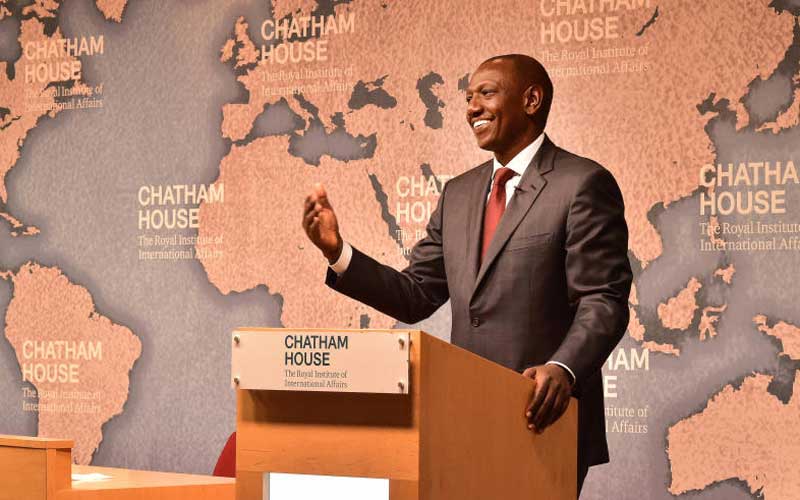×
The Standard e-Paper
Stay Informed, Even Offline

There are many ways of sending signals that something might be in the offing, or that power barons are reassessing various stands as they affect interests.
Invitations to high profile functions rank at the top and they can come through state officials or proxies as NGOs and think-tanks. While NGOs do not elicit confidence, think-tanks have elements of seriousness and glamour in them as the abode of behind-the-scenes power brokers and opinion-shapers.